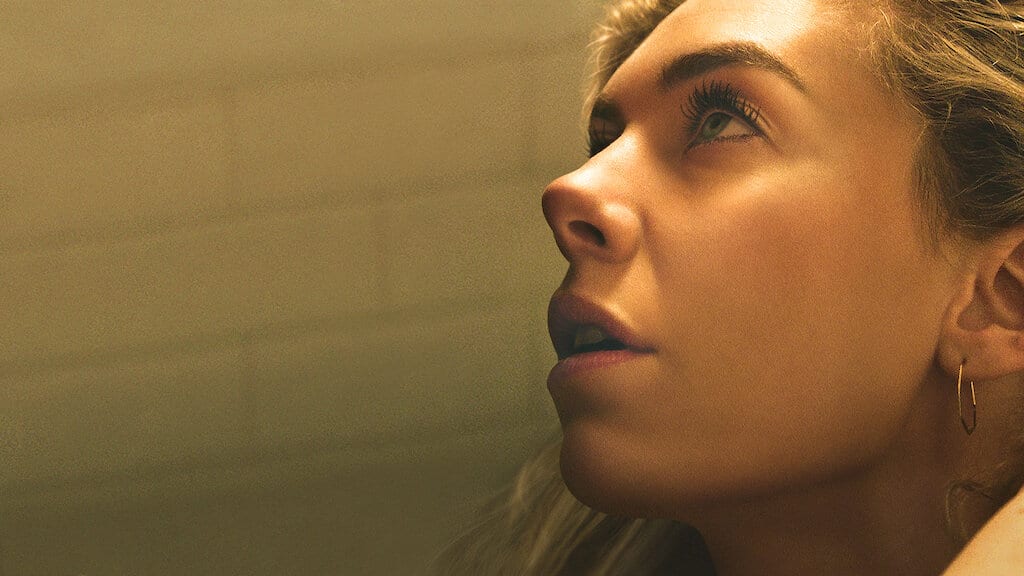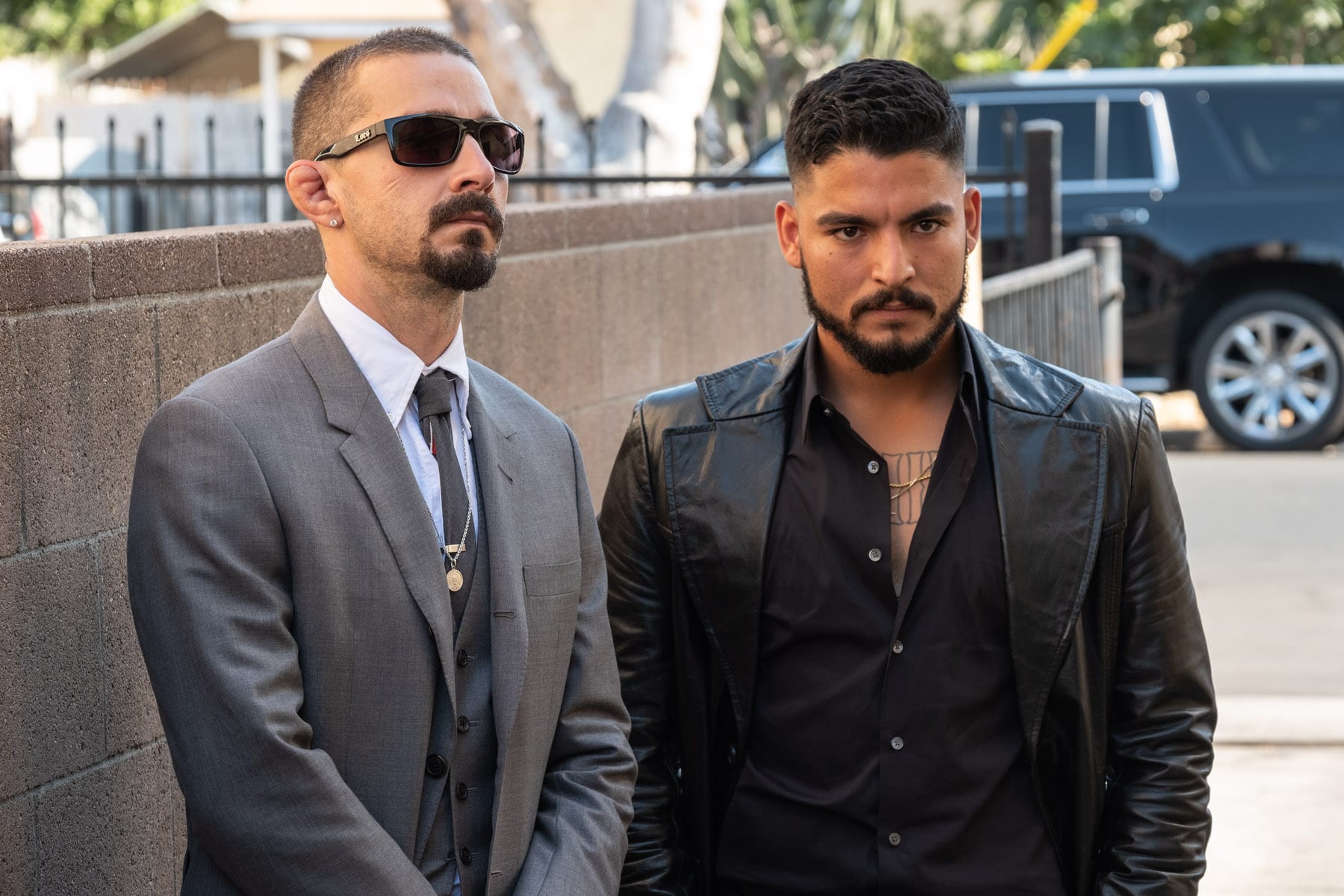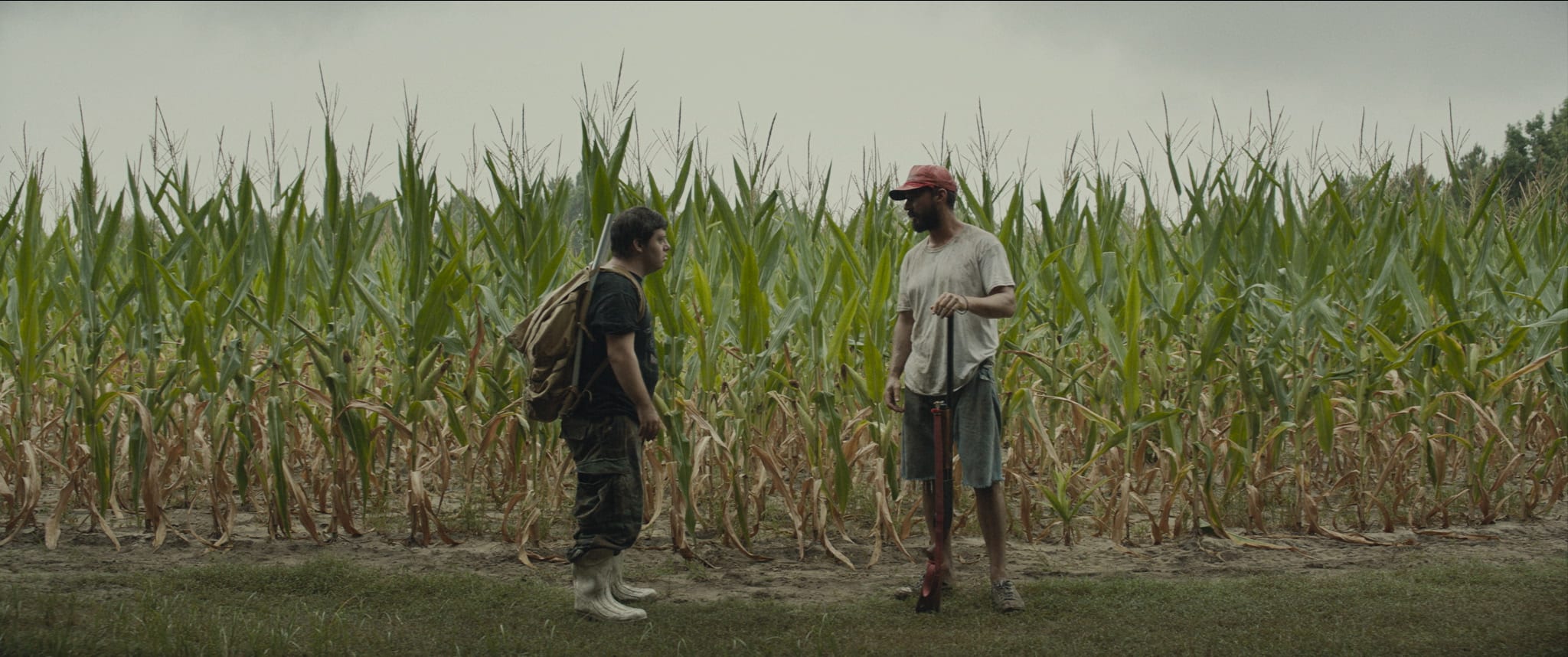
Pieces of a Woman: Suffering in Silence
Unless you?ve been through it, you don?t know. Written by Kata Weber and directed by her husband, Kornel Mundruzco, Pieces of a Woman tells the story of Martha and Sean Carson (Vanessa Kirby and Shia LeBeouf), a young Boston couple who are excited for the imminent arrival of their first child. However, after their home birth goes…


